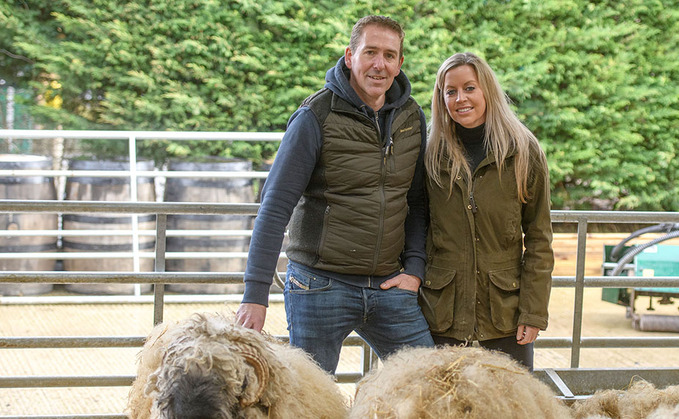
Finding a demand for their unique sheeps milk product, Tim and Tanya Spittles new diversification is helping them to safeguard the future of the farm. Emily Ashworth finds out more. The Cotswolds are...

Finding a demand for their unique sheeps milk product, Tim and Tanya Spittles new diversification is helping them to safeguard the future of the farm. Emily Ashworth finds out more. The Cotswolds are...